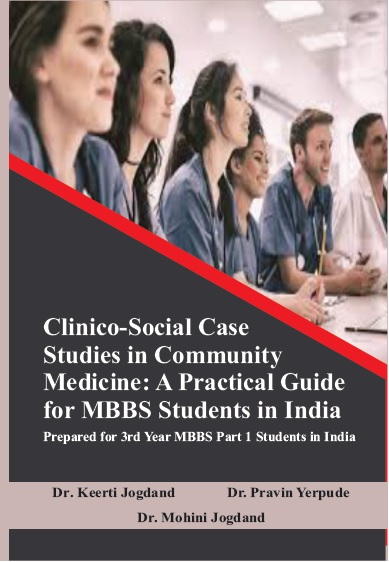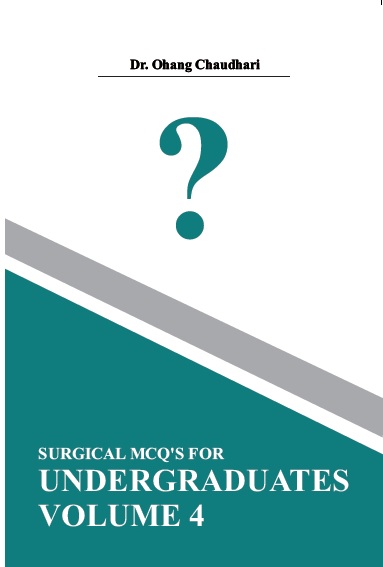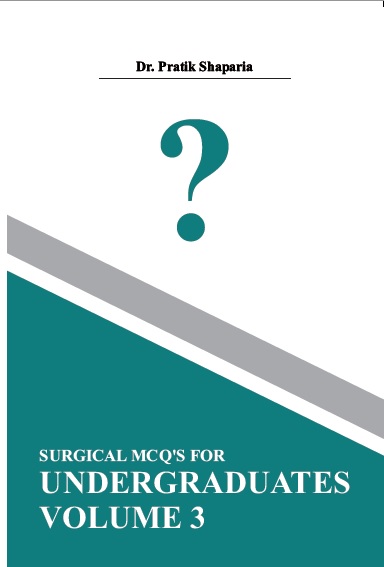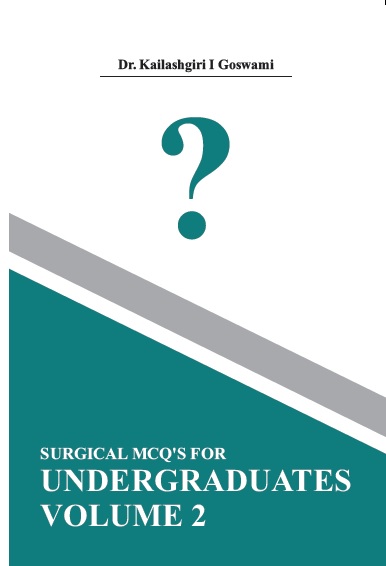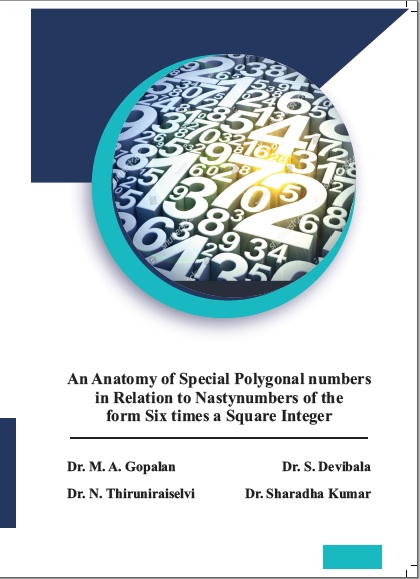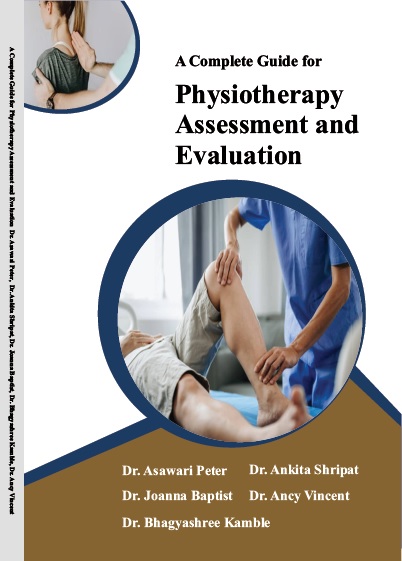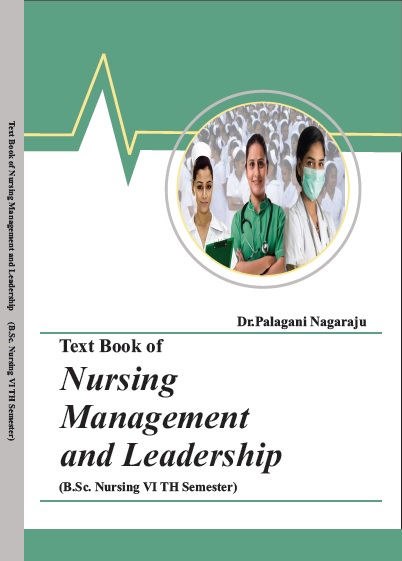SCIENCES AND ENGINEERING
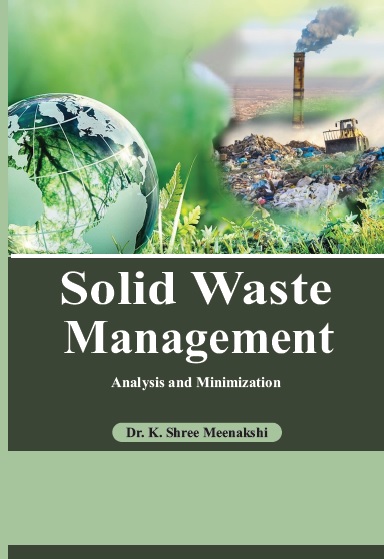
Solid Waste Management: Analysis And Minimization
by Dr. K. Shree Meenakshi
ISBN Number : 978 - 93 - 91478 - 30 - 8
Authors Details
| Author Name | Image | About Author |
|---|---|---|
| Dr. K. Shree Meenakshi |  |
Dr. K. SHREE MEENAKSHI was born in the Madurai District of
Tamil Nadu. She received her Bachelor's Degree in Chemistry with
First Class from Madras University, Tamil Nadu. She obtained her
Master's degree in Applied Chemistry with First Class and Master of
Philosophy in Chemistry with First Class-Distinction from Anna University, Chennai, Tamil
Nadu. She has also received her doctorate from Anna University, Chennai by doing extensive
research in the eld of polymer nanocomposites and studying their suitability for high
performance aerospace and advanced engineering applications.
She has worked as a JRF (Junior Research Fellow) in DST (Department of Science and
Technology) project and she has received SRF (Senior Research Fellowship) from CSIR for
her contributions to advanced research. She has successfully completed several projects in
National Metallurgical Laboratory (NML), CSIR Complex, Taramani, Chennai. She has
presented her work in several national & international conferences and published her
research work in several reputed international journal of high impact factors. She writes
books with passion for the benet of students and the research community. |
Book Description
With progressing urbanisation, solid waste management is becoming a major public health and environmental concern in urban areas of many developing countries. The overall goal of urban solid waste management is to collect, treat and dispose of solid waste generated by all urban population groups in an environmentally and socially satisfactory manner using the most economical means available. However, a typical solid waste management system in a developing country displays an array of problems, including low collection coverage, irregular collection services, indiscriminate open dumping and burning without air and water pollution control, breeding of ies and vermin, as well as handling and lack of control of informal waste picking or scavenging. This public health, as well as environmental and management problems are caused by various factors constraining the development of effective solid waste management systems. Waste management and disposal is an alarming problem encountered by many of the urban and industrial areas in developing economies in Asian countries. Waste generation has witnessed an increasing trend parallel to the development of industrialization, urbanization, and rapid growth of population. The problem has become one of the primary urban environmental issues. Sometimes it is burnt to reduce its volume and to minimize attraction of animals and also to retrieve recyclable items. Despite the degradation of valuable land resources and creation of long-term environmental and human health problems, uncontrolled open dumping is still prevalent in most developing countries which indeed desperately need an immediate action due to the associated harmful impacts. Aside of the concern on increasing waste generation, and inefcient collection and transportation infrastructure system, the composition of waste (high organic matter and high moisture content) and climatic condition are among the other factors that need to be considered in waste management. This book discusses the effective ways in which solid waste management can be carried out. My sincere thanks to my mentors in Loyola College, Anna University, National Metallurgical Laboratory (NML) and National Aerospace Laboratory (NAL), CSIR for their constant encouragement in my research work.






